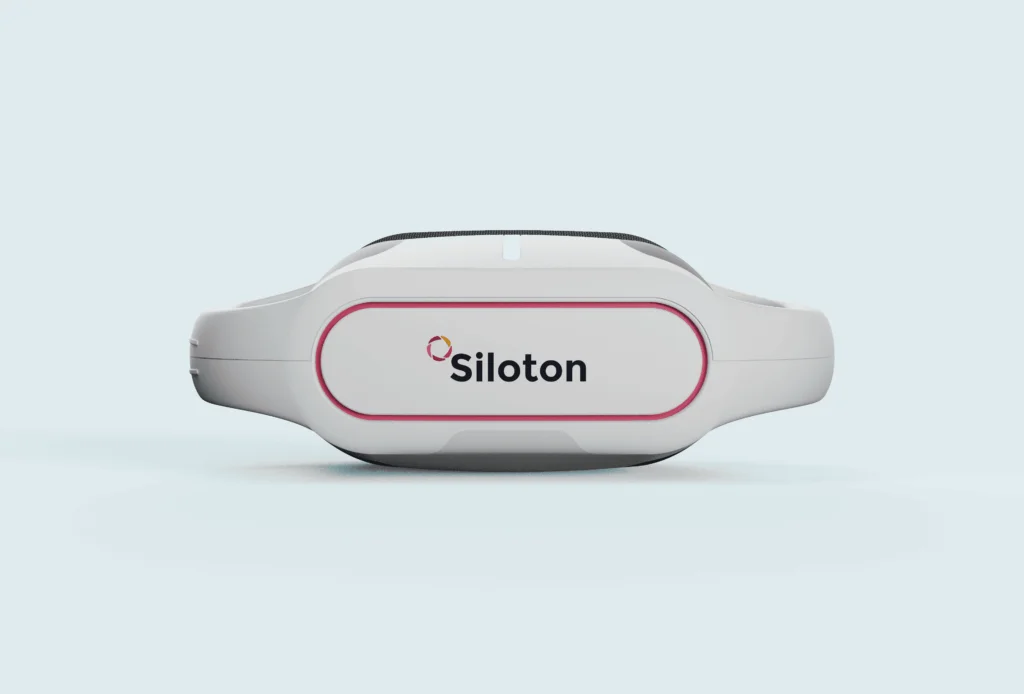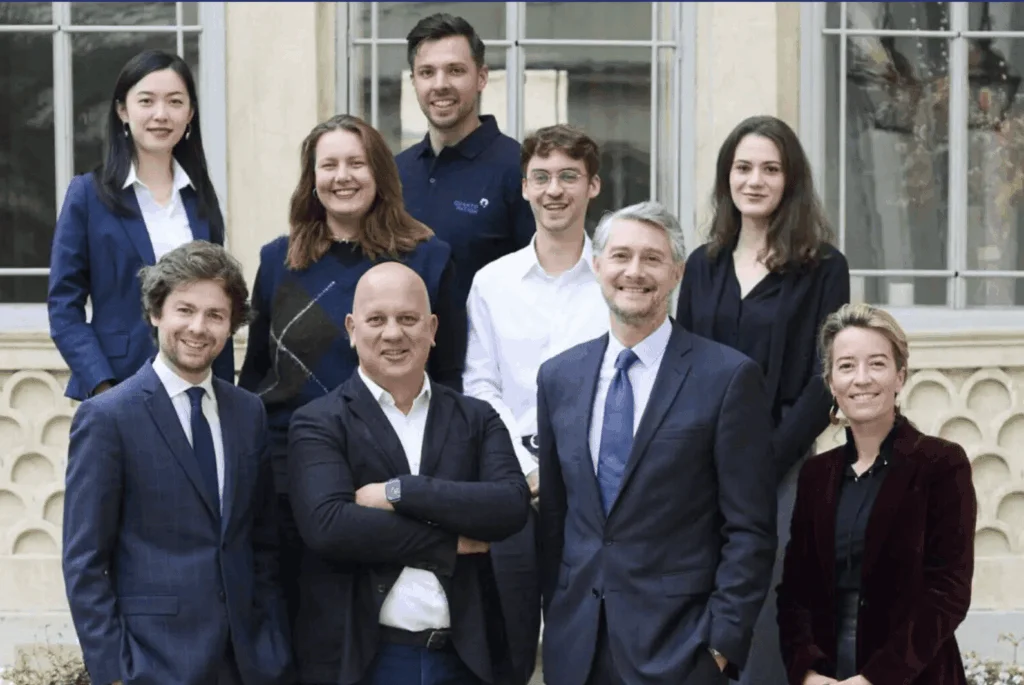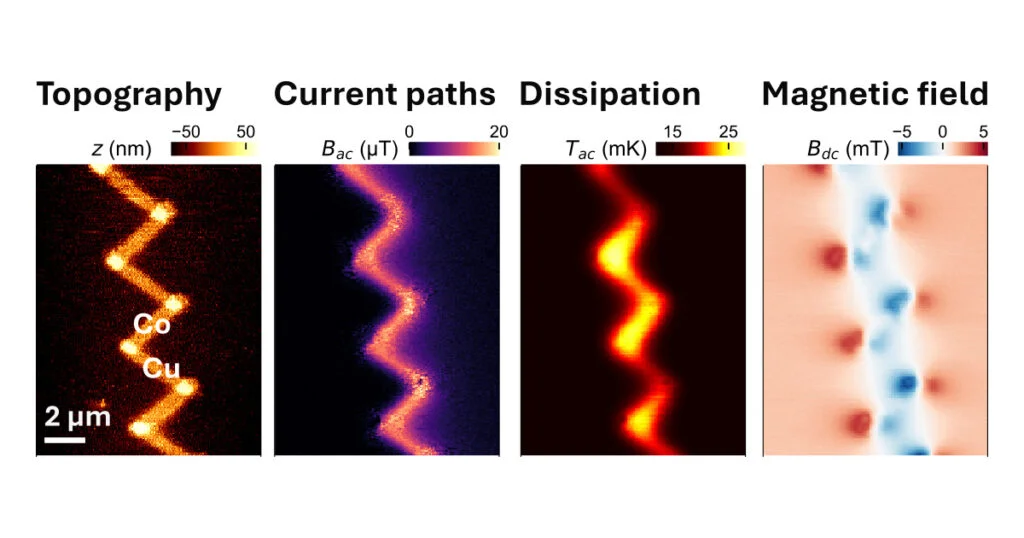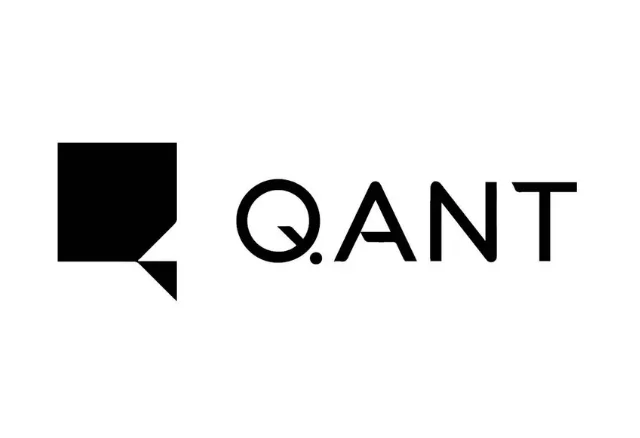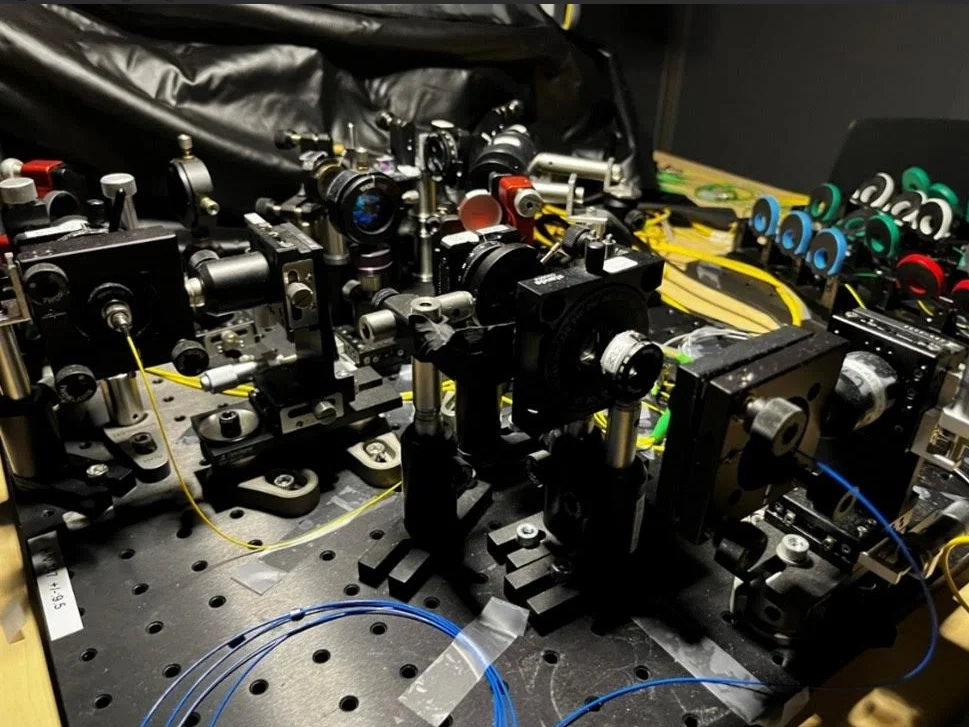Insider Brief
- The Illinois state government, IBM and Discover Financial Services are partnering to secure federal funding for developing quantum technology aimed at combating financial fraud, Bloomberg is reporting.
- This initiative is tied to Illinois’ bid to win $70 million from President Joe Biden’s Tech Hubs program.
- Labeled Quantum Shield, the project is aimed at a problem with staggering statistics: governments, consumers and financial firms.
Illinois Governor J.B. Pritzker has enlisted the support of a consortium that includes IBM and Discover Financial Services to secure federal funding for developing quantum technology aimed at combating financial fraud, according to reporting by Bloomberg. This initiative, part of Illinois’ bid to win $70 million from President Joe Biden’s Tech Hubs program, seeks to leverage advanced quantum tools to address the escalating costs associated with financial crimes.
The consortium also features Boston Consulting Group and P33, a nonprofit founded by Pritzker’s sister, former Secretary of Commerce Penny Pritzker, according to the financial business news service.
The project, called Quantum Shield, is aimed at a problem with staggering statistics: governments, consumers and financial firms are currently incurring annual losses of $2 trillion from money laundering, over $40 billion from identity scams and $30 billion from credit card fraud, according to a white paper released by the consortium this month.

As its name suggests Quantum Shield will rely on quantum technology — which relies on “qubits” — to power a fraud detection and prevention system effectively than traditional binary computing methods.
The team writes in the white paper: “Classical computers are not always well-suited to solve fraud problems effectively and efficiently. For one thing, fraud events are rare and represent a weak statistical signal in a mass of financial transaction data. For another, patterns of fraud are complex and change over time with new and often sophisticated fraudulent behaviors.”
Jay Gambetta, vice president of IBM Quantum, tells the business news service that the partnership isn’t focused on qubit counts, it’s focused on creating viable quantum products that solve real world problems.
“Whenever I read anything on quantum computers, it’s all like qubits, qubits, qubits,” Jay Gambetta, vice president of IBM Quantum, told Bloomberg. “I love qubits, don’t get me wrong, but if we are going to do something that matters for the industry, we need to bring algorithms to industry-relevant proof of concepts.”
The potential funding from the Tech Hubs program would be crucial for the initial phase of Quantum Shield, which involves developing a proof of concept.
“If Quantum Shield can prove in its pilot that it can reduce fraud, it will likely prevail,” Brad Henderson, CEO of P33, said, as reported in Bloomberg. The subsequent phase would focus on scaling the project, a process that Henderson indicated could require hundreds of millions of dollars.
The Chips and Science Act, enacted in 2022, authorized $10 billion over five years for the Tech Hubs program, designed to attract private capital to bolster science and technology manufacturing across the United States, Bloomberg reports. However, with only $541 million appropriated so far, the competition for funding is intense among hundreds of applicants. Last year, the Biden administration designated 31 hubs, including Illinois’ The Bloch Tech Hub, making them eligible for up to $75 million each, with funding announcements expected this summer.
The need for innovative fraud detection methods has been intensified due to the rapid increase in cybercrimes, driven in part by advancements in AI.
According to Rob Gillis, vice president at Discover, the launch of ChatGPT at the end of 2022 led to a 76% increase in ransomware attacks and a surge of over 1,000% in phishing scams.
“Preventing fraud means detecting subtle oddities in large datasets, while also trying to avoid flagging legitimate transactions,” Gillis told Bloomberg. “At times, existing classical fraud detections may not be able to detect those subtle anomalies. I think the industry is appreciating that it’s going to require new and sophisticated defenses.”
Illinois is positioning itself as a leader in emerging technologies, with Governor Pritzker being instrumental in prioritizing quantum technology. This year, he passed a budget that allocates $500 million to enhance the state’s capabilities in semiconductors, quantum technology and artificial intelligence. The consortium includes notable institutions such as Mastercard, the University of Chicago, the Federal Bureau of Investigation and the Federal Reserve Bank of Chicago.
“Chicago has found itself in a unique position where it’s got industries that can leverage this technology,” Gambetta told Bloomberg.
The city hosts one of the nation’s longest quantum networks, stretching 124 miles (200 kilometers) and connecting the U.S. Department of Energy’s Argonne National Laboratory. Additionally, Illinois boasts four of the nation’s ten quantum centers, more than any other state, Bloomberg reports.










